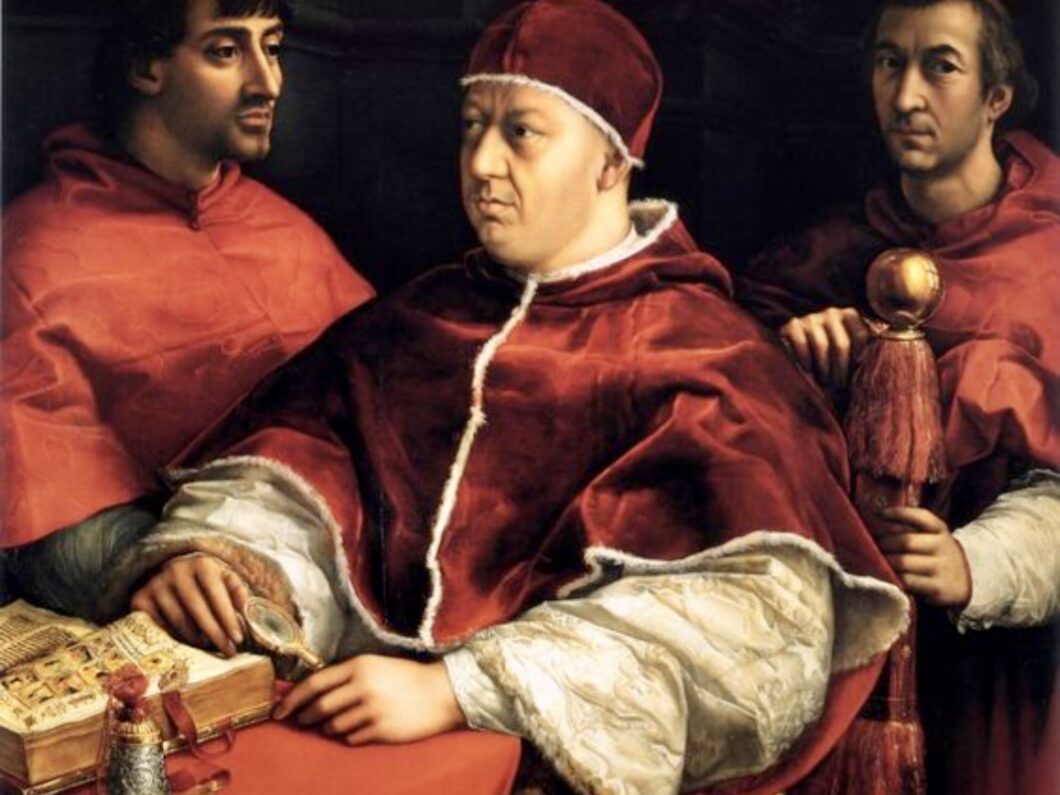The Medici family is widely regarded as one of the most influential families in European history. From their humble beginnings in Florence, Italy, they rose to become a powerful banking dynasty and eventual rulers of the city-state. Their influence was so great that they were sometimes referred to as “the Gods of Florence.”
The Rise of the Medici
The story of the Medici family began in 1397 when Giovanni di Bicci de’Medici founded his own bank in Florence. Through careful planning and hard work, he quickly established it as one of the most successful banks in Europe. It wasn’t long before the Medici family had accumulated enough wealth and political influence to become a major player in Italian politics.
In 1434, Cosimo de’Medici became head of the family. He was an ambitious man who wanted to use his newfound power to bring about social reforms that would benefit all citizens of Florence. He also believed strongly in art and education, and he used his immense wealth to fund many projects related to these two passions. Over time, this patronage would make Florence one of the centers for Renaissance art and learning in Europe.
An Enduring Legacy
Although they were eventually overthrown by a popular revolt in 1494, the legacy of the Medici family lives on today. Many famous people throughout history can trace their ancestry back to this illustrious family, including Catherine de’ Medici (Queen consort of France) and Lorenzo de’ Medici (Renaissance statesman). They have also left behind an impressive collection of artwork from some of the greatest artists in history like Leonardo da Vinci, Michelangelo, Donatello, and Botticelli—all thanks to their patronage during their reign over Florence.
The Medici family has left an indelible mark on world history by funding works from some of the most renowned artists during the Renaissance period while also acting as patrons for social reforms that benefited all citizens within their domain. Despite being overthrown hundreds of years ago, their legacy still lives on today through both their descendants and their contributions towards advancing art and culture during an important time period for Europe’s development into what it is today.
- abbey
- adventure
- All Saints day
- All’Antico Vinaio
- Alpine
- Amalfi
- Amarcord
- Andrea Bocelli
- aperol
- archaeology
- Armani
- art
- Assisi
- Basilica di San Francesco
- beach
- bella's house
- Bistrot Cafè 19.26 Firenze
- bologna
- bolognese
- branzino
- Bridge
- Calabria
- Calcio Storico
- capri
- Car
- carnevale
- carnival
- Castiglioncello
- Cervo
- chestnut
- christmas markets
- cinema
- cinema museum
- cinque terre
- coffee
- collodi
- da vinci
- Dante
- Deer Hunter
- dessert
- drink
- drive
- Duomo di San Giovanni Battista
- easter
- eat
- espresso
- Events
- exiled
- family feuds
- Famous
- fans
- farro
- fellini
- ferrari
- festival
- film
- Filming
- firenze
- florence
- FOOD
- football
- football in italy
- Gay and Lesbian
- gelato
- gelatofestival
- Gods
- grape harvest
- harvest
- history
- italia
- Italian
- Italian Alps
- italian cinema
- italian easter
- Italian Life
- italian movies
- italy
- juliet
- juliet's balcony
- La Vita è Bella
- Ladri di Biciclette
- Lajatico
- Lake Como
- Lake Maggiore
- Lakes
- Language
- legacy
- leonardo
- LGBTQ
- little mermaid
- lizziemcguire
- locarno
- locations
- Lucca
- lucca summer festival
- manfredonia
- maria callas
- Medici
- Michael Antonio Cimino
- Milan
- milano
- Mona Lisa
- Museo Nazionale del Cinema
- museum
- napoli
- Nature
- Neorealism
- Officina dei Sapori
- oliveharvest
- olives
- opera
- Palace
- Palazzo Vecchio
- panettone
- Paraggi Beach
- pasqua
- pasta
- pinocchio
- pisa
- Pitti Palace
- Pizza fritta
- Pizzo
- places
- Podcast
- pompeii
- Ponte Vecchio
- portofino
- Puccini
- Puccini festival
- queer friendly
- Race
- relax
- relaxing sea
- renaissance
- Rome
- romeo
- ruins
- san galgano
- sea
- sea view
- See
- settembre lucchese
- shakespeare
- shop
- shopping
- sicily
- Siena
- sightsee
- Ski
- Snow
- Snowboard
- social clubs
- Sophia Loren
- soup
- sports
- story
- summer
- switzerland
- sword
- sword in the stone
- taormina
- tennis
- terracina
- The David
- The Godfather
- The Last Supper
- The Medici
- The Museo dell'Opera del Duomo
- The Uffizi Gallery
- tiramisu
- torino
- Toscana
- Tour
- tower of Pisa
- travel
- turin
- Twilight
- uffizi
- umbria
- university
- Unknown
- Vacation
- venice
- verona
- Vespa
- viareggio
- white lotus
- wine
- winter
- zuppa
